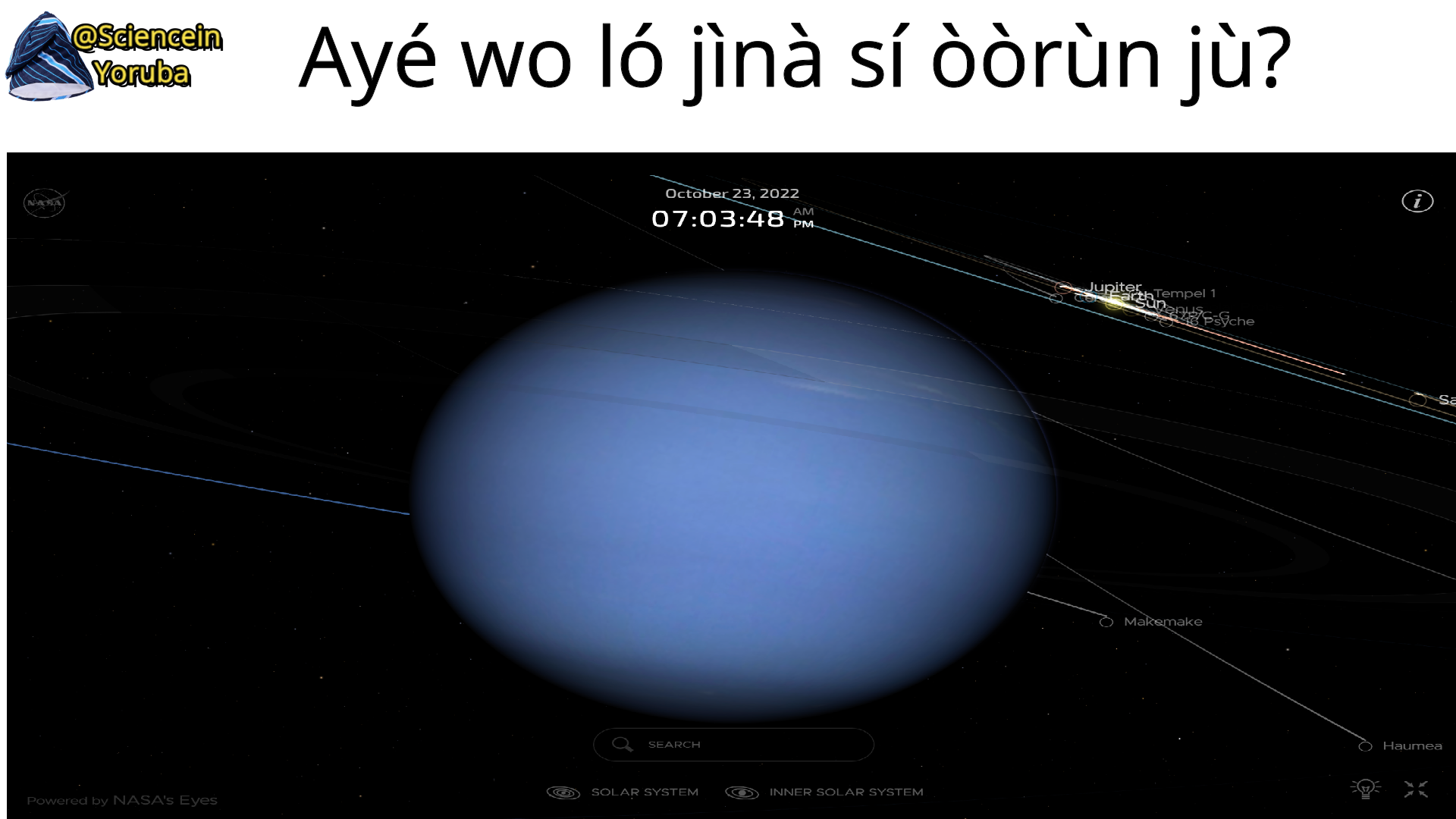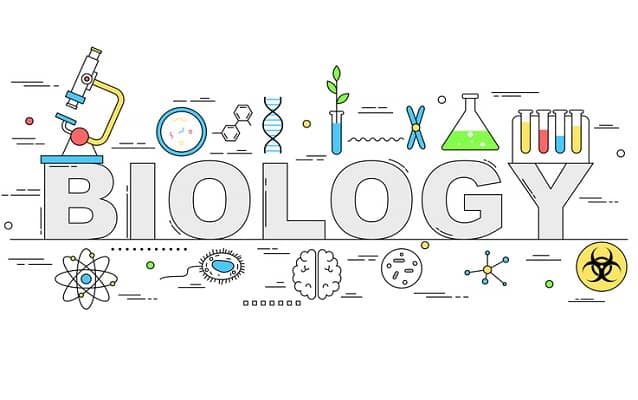Author: Science in Yoruba
Irinkerindo ninu agbanla aye 3: Osupa
Irinkerindo ninu agbanla aye 3: Osupa (Expedition within the universe 3: The Moon)Irinkerindo ninu agbanla aye 3: Osupa (Expedition within the universe 3: The Moon)
Posted by Science in Yoruba on Monday, May 25, 2020
Irinkerindo ninu agbanla aye 2: ipooyi ile aye ati irababa rẹ yipo oorun
Irinkerindo ninu agbanla aye 2: ipooyi ile aye ati irababa rẹ yipo oorun (Expedition within the universe 2: Earth’s rotation and its revolution around the sun)Irinkerindo ninu agbanla aye 2: ipooyi ile aye ati irababa rẹ yipo oorun (Expedition within the universe 2: Earth’s rotation and its revolution around the sun)
Posted by Science in Yoruba on Sunday, May 17, 2020
Báwo ni kí a ṣe pe “implosion”, “submarine”, submersible… ni Yoruba?
??????
Posted by Science in Yoruba on Wednesday, July 5, 2023
Àwọn awẹ́ ojú-òfuurufú (Layers of the atmosphere)
Àwọn ẹ̀dá tó ń gbé inú sánmàn àti àwọn awẹ́ ojú-òfuurufú (Creatures living in the sky and layers of the atmosphere)Àwọn ẹ̀dá tó ń gbé inú sánmàn àti àwọn awẹ́ ojú-òfuurufú (Creatures living in the sky and layers of the atmosphere)
Posted by Science in Yoruba on Saturday, July 1, 2023
Kí ló ń fa ilẹ̀-ríri (What causes earthquakes)?
What causes earthquakes? [Kí ló ń fa ilẹ̀-ríri?]What causes earthquakes? [Kí ló ń fa ilẹ̀-ríri?]
Posted by Science in Yoruba on Saturday, April 29, 2023
Àwọn ìròyìn nípa Science in Yoruba
2023: Global Voices: Meet a pioneer promoting inclusion through digital STEM education in the Yoruba language
2021: Tulanian: “Impression: Taofeeq Adebayo”
2021: Tulane Today: Mellon Foundation’s $1.5 million grant will expand Tulane’s community-engaged, graduate-level humanities program
2020: Nigerian Tribune: “Learning Science and Technology Using Local Languages Improves Creative Thinking”
2019: Tulane School of Liberal Arts—The Global Issue: “From New Orleans to Nigeria: Engaged Scholarship”
2018: Early Breakfast with Africa Melane: “Nigeria’s schoolchildren to learn science in Yoruba language”
2018: Quartz Africa: “An experiment is testing teaching science to Nigerian schoolkids in a local language” 2018 Tulane Today: “Yoruba science textbook will be put to the test”
Ìgbà Àìtíìsítàn 2: Ìgba àwọn dáínósọ̀ àti ìgbà tí ọmọ ẹ̀dá ènìyà dé orí ilẹ́
When did modern humans start living on Earth? Here is what we know (Igba wo ni awa eeyan ode oni bẹrẹ si nii gbe orilẹ aye? Eyi ni ohun ti a mọ)When did modern humans start living on Earth? Here is what we know (Igba wo ni awa eeyan ode oni bẹrẹ si nii gbe orilẹ aye? Eyi ni ohun ti a mọ)
Posted by Science in Yoruba on Sunday, September 24, 2023
Àwòrán àwọn dánósọ̀
How did we get videos of dinosaurs?How did we get videos of dinosaurs?
Posted by Science in Yoruba on Wednesday, March 8, 2023


